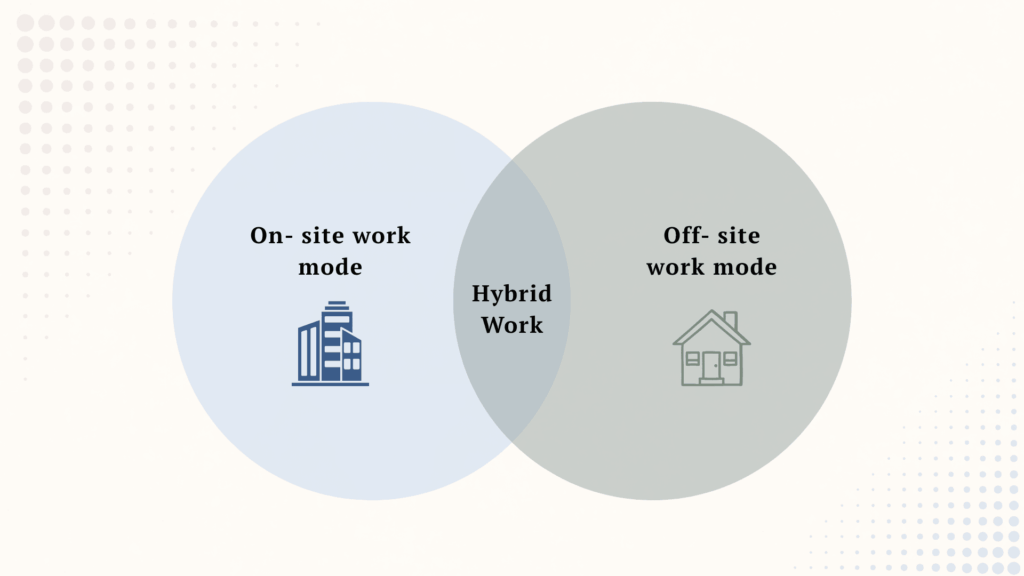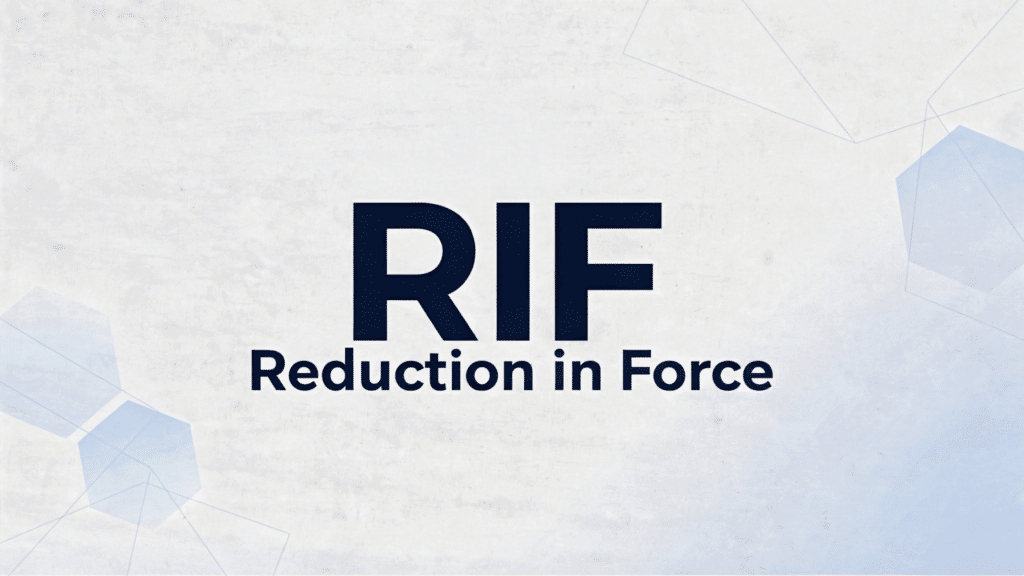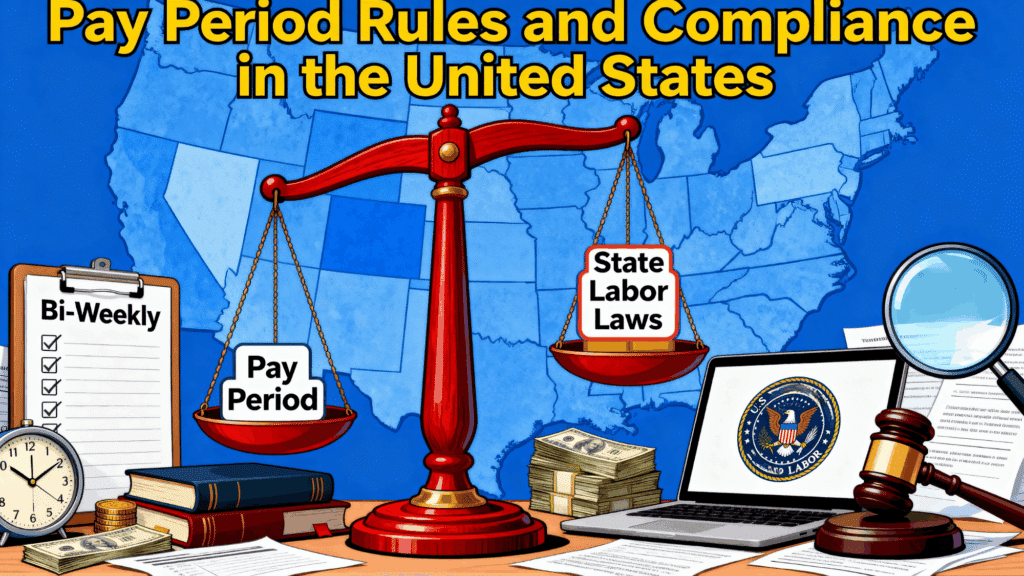Losing your job due to wrongful termination or discrimination creates financial stress.
You deserve fair compensation for both past and future losses.
Front pay is compensation awarded when an employee can’t be reinstated after wrongful termination or discrimination.
This forward-looking compensation helps bridge the gap until you find comparable employment.
This guide explains what front pay is, when courts award it, and how it differs from other forms of compensation.
You’ll learn the factors that influence award amounts and why this remedy plays a vital role in employment law cases.
What is Front Pay?
Front pay is future compensation awarded to employees who are unable to return to their jobs after winning an employment lawsuit.
This legal remedy covers the wages and benefits you would have earned if reinstatement were possible.
The key difference lies in timing. Front pay looks ahead to future earnings you’ll lose.
It estimates how long you’ll need to find similar work and compensates for that period.
This compensation aims to make you financially whole for any future losses resulting from wrongful employment actions.
When is Front Pay Awarded?
Courts prefer reinstatement as the primary remedy for wrongful employment actions.
However, front pay becomes necessary when bringing you back to work isn’t feasible or practical.
Specific situations where front pay applies-
1. Toxic workplace conditions often make it impossible to return. The work environment remains hostile or discriminatory despite legal action being taken.
2. Company closure or downsizing creates permanent barriers to reinstatement. Your employer eliminated the position or shut down operations.
3. Irreparable relationship breakdown prevents normal working relationships. Trust between you and management cannot be restored after litigation has occurred.
4. Small company dynamics make reinstatement impractical in tight-knit workplaces. Limited staff means you’d work closely with those involved in wrongful actions.
Role of the Court in Determining Eligibility
Judges assess whether reinstatement would be beneficial for both parties.
They consider workplace size, management attitudes, and potential for future conflicts.
Courts also review whether the employer took steps to prevent similar issues.
Legal standards for awarding front pay: Federal employment laws permit front pay when reinstatement is not an adequate remedy.
Courts must find that returning to work would be impractical, futile, or harmful to you.
The remedy must serve the goals of making you whole while deterring future violations.
Factors That Influence Front Pay Amounts
Several key factors determine the amount of front pay you may be entitled to receive.
Courts examine your personal situation and market conditions to calculate fair compensation amounts.
1. Timeframe for Finding New Employment
This plays the biggest role in calculations.
Courts estimate how long someone with your skills needs to find comparable work.
The formula courts adopt when calculating is-
| Front pay =(Salary + Benefits) × Employment Gap − Expected Mitigation Earnings |
Economic conditions and industry demand significantly impact this timeline.
2. Age, Skills, and Career Prospects
These directly impact award amounts.
Younger workers typically receive shorter compensation periods due to better job mobility.
Workers nearing retirement may receive longer awards, as finding new positions becomes increasingly difficult.
3. Job Market Conditions and Comparable Roles
These influence the final calculation.
Courts research similar positions in your area and their availability.
They consider salary ranges, required qualifications, and hiring trends in your field.
4. Employer’s Actions During Litigation
These can affect the award amount.
Continued retaliation or interference with your job search may result in increased compensation.
Courts may extend front pay periods if employers act in bad faith during proceedings.
Front Pay vs. Other Compensation
|
Compensation Type |
Time Period |
Purpose |
Award Method |
|
Front Pay |
Future losses |
Covers wages until you find comparable work |
Court-ordered based on job search timeline |
|
Back Pay |
Past losses |
Compensates wages lost before judgment |
Calculated from termination to court decision |
|
Severance Pay |
Immediate transition |
Contractual payment upon job separation |
Company policy or negotiated agreement |
|
Compensatory Damages |
Ongoing impact |
Covers emotional and financial harm suffered |
Court assessment of total damage caused |
Front pay stands apart because it addresses future financial needs.
While other compensation covers past losses or immediate transition costs, front pay estimates your ongoing earnings gap.
Courts project how long you’ll need to secure similar employment and income levels.
Legal Importance of Front Pay
Front pay serves important legal purposes beyond simple compensation.
Courts use this remedy to strike a balance between fairness when standard solutions are ineffective.
Courts Using It to Balance Fairness:
Judges recognize that money can’t always completely rectify workplace harm.
Front pay helps bridge the gap when reinstatement would create more problems.
Courts view this compensation as essential for making employment law meaningful and effective.
Its Role in Settlements and Negotiations:
Many employment cases settle before trial, with front pay playing a key role in discussions.
Employers often prefer paying front pay rather than facing uncertainty in court.
This compensation enables both parties to reach fair agreements without the need for lengthy legal battles.
Differences Under Federal vs. State Law
Federal workplace protection acts provide a broad authority for front pay awards in discrimination cases.
State laws may have different rules, caps, or calculation methods.
Some states limit the duration of front pay, while others allow longer compensation periods based on specific circumstances.
Alternatives and Limitations
While front pay provides valuable relief, courts recognize it has limits and consider other options first.
They are as follows:
1. Reinstatement
Courts view getting your job back as the ideal solution to wrongful employment actions.
Reinstatement restores your career path, maintains continuity of benefits, and sends a strong deterrent message to employers.
Front pay only becomes necessary when returning to work would harm both parties.
2. Limits and Caps on Awards
Many jurisdictions place caps on front pay awards to prevent excessive compensation.
Federal law may limit awards based on a company’s size or specific statutory provisions.
Some courts restrict front pay to reasonable job search periods, typically ranging from six months to two years.
3. Retraining or Relocation Support
Courts may order employers to provide job search assistance instead of monetary awards.
This includes career counseling, skills training, or relocation expenses for comparable positions.
Some settlements combine front pay with these practical support services for better outcomes.
Conclusion
Front pay offers financial protection when returning to a job isn’t possible after workplace disputes.
It focuses on future earnings, not past losses or emotional harm.
Courts base awards on factors such as your individual circumstances, the current job market conditions, and the expected duration of unemployment.
This remedy ensures accountability for violations while protecting employees’ rights.
If you’ve faced discrimination or wrongful termination, speak with an employment attorney to learn whether front pay may apply to your case.
Frequently Asked Questions
Can I Receive Both Front Pay and Back Pay in the Same Case?
Yes, you can. Back pay covers wages from the date of termination to the date of judgment, while front pay compensates for future losses. Courts often award both for full compensation.
Is Front Pay Taxable Income?
Yes, front pay is generally taxable as ordinary income. You’ll receive tax documents and should consult a tax professional about proper reporting and potential deductions.
What Happens if I Find a Job Sooner than the Court Estimated?
Front pay typically stops when you find comparable employment. Some courts may reduce the award based on your actual job search time rather than their original estimate.
Do I Need to Actively Search for Work to Receive Front Pay?
Yes, you have a duty to make reasonable efforts to find comparable employment. Courts may reduce or deny front pay if you fail to conduct a good-faith job search.










